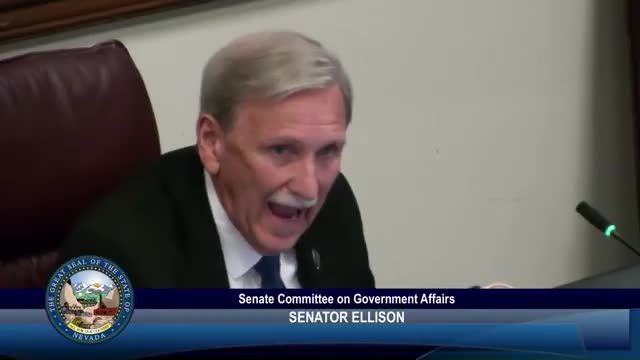Article not found
This article is no longer available. But don't worry—we've gathered other articles that discuss the same topic.
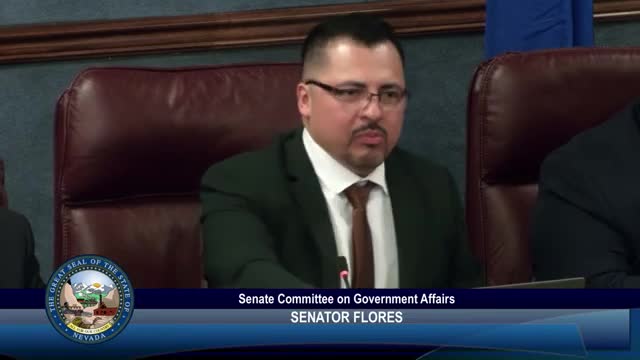
Bill would add heat‑mitigation elements to local master plans; debate centers on 'must' vs. 'may' language
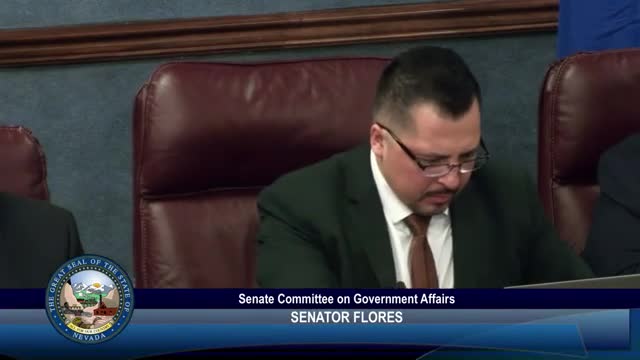
Nevada bill would let commercial crews start earlier to avoid extreme heat; proponents, local governments negotiate amendments
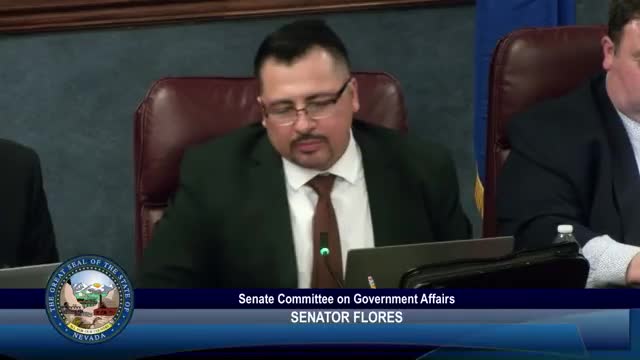
Housing division cleanup bill adds a low‑income tier, realigns definitions and expands database funding cap
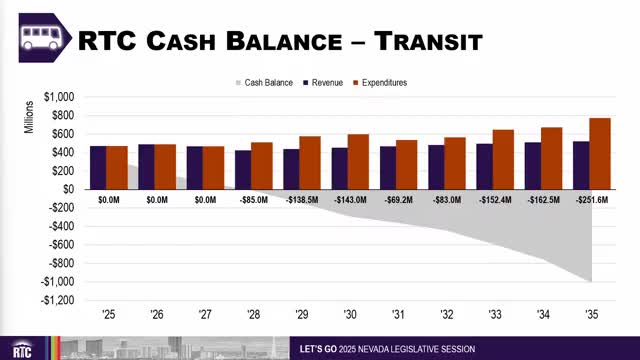
RTC warns of steep cuts without new revenue; bill asks county to permit future sales‑tax ballot question

Bill to clarify oaths and affirmations would codify notaries’ ability to administer oral and written oaths; courts and reporters raised questions
